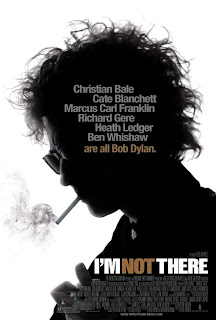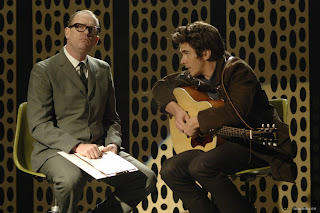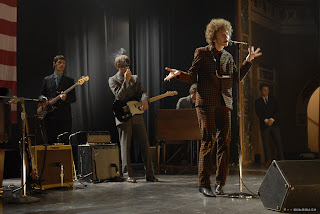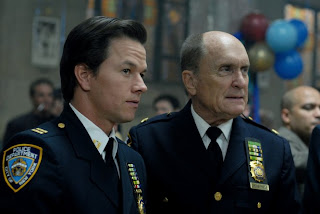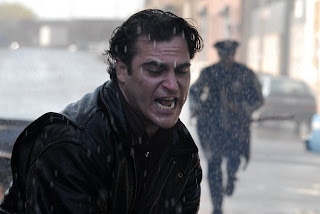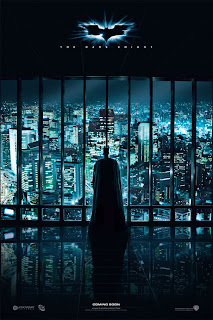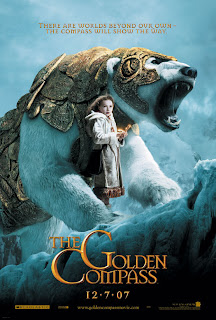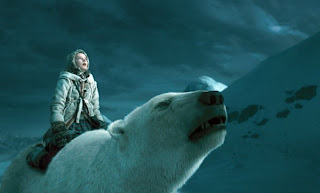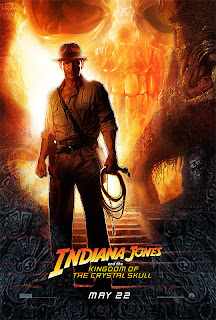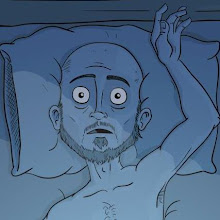
**POSSIBLE SPOILERS**
I love science fiction. It’s a brilliant genre due to it’s very nature, almost anything is possible in the genre. As such, some amazing stories have been written and some of the greatest writers have made their names in the genre. One such writer is Richard Matheson. Aside from writing some excellent Twilight Zone episodes, his books have been made into films of varying quality. I Am Legend, released this month is the third adaptation of the book of the same name, although unlike The Last Man On Earth and The Omega Man, this adaptation retains the book’s title, and you would think, remains closest to the source material.
The year is 2012. New York City has become a desolate place. There are no signs of human life. All that remains are empty buildings, abandoned cars and the city that once never slept, is a decaying shell. However, one man remains. His name is Dr. Robert Neville and his is the sole survivor of a disease that wiped out 90% of mankind. Neville spends his days patrolling New York, hunting deer, playing golf, waiting for survivors who have heard the message he sends out at all times, and basically fending off the madness that can set in when you have no interaction with another human in any way. However, despite being the only human left in New York, Neville is not alone. The disease has changed those who aren’t immune into vampiric mutants, unable to emerge from darkness during the day. Neville searches for a cure for these mutants while they do their best to hunt him down.
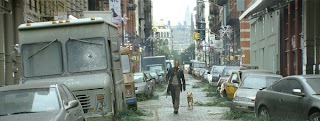
At one point in time, the script for I Am Legend was itself somewhat of a legend. It was one of those scripts that people wanted to see, but was never made. Despite such high profile names such as Ridley Scott, Arnold Schwarzenegger and Johnny Depp being attached at different times, the film could not get put into production. And you know what, I wish it had stayed that way. Because the film that they’ve finally made deviates from what was a brilliant original idea, and turns the concept into a film that feels rushed and extremely disappointing.
Without giving too much away, in the novel, Neville is a man without purpose who hits rock bottom and finds a way back. He gains a purpose in his life and because of this purpose, he eventually becomes what the title says, a legend. The vampires of the book form a new society. Neville hunts them while they sleep. Ultimately, in a twist on the original vampire premise, Neville becomes a monster to them. He becomes their Dracula. Their legend. It’s a brilliant idea that’s completely lost in this film. Their are tiny little shreds of these ideas spread throughout the film. However, it feels like they diluted the plot of the book so much, that it’s barely an inspiration for the film.
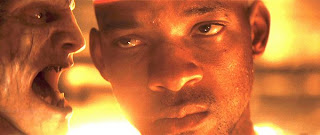
I Am Legend isn’t completely terrible, I must say. The first twenty minutes or so of the film are quite promising. However, the film quickly becomes clichéd and redundant and becomes ultimately tedious. The ending is entirely pointless and a pointless character decision considering what has gone on for the rest of the film, and leaves you scratching your head, asking why Neville made the decision he made. It makes no allusion to the title of the film. In fact, the filmmakers continually make reference to Bob Marley’s ‘Legend’ album, which is a ridiculous script decision.
Will Smith’s acting is perfectly passable. He continues the trend of butchering sci-fi classics he started with I, Robot, and considering what he’s given with the script, he does his best, and it’s not terrible. But it’s the script that’s at fault when Smith doesn’t entirely convey his character’s descent into the madness he supposed to be experiencing. The mutants Neville is pitted against are almost completely CGI. And as such, they’re in no way menacing or scary. They look completely rubbery and fake. While it would have meant that the mutants weren’t as agile as they are in the film, it would have been a FAR better idea to use actors in make up. As they are, the mutants are just cgi monsters that have no shred of humanity and thus are stripped of any emotional connection to the audience, be that connection empathy or even fear.
It’s such a shame that this film is such a disappointment. The source material would have made a brilliant film, but this is what we’re left with. It feels rushed. It deviates almost entirely from the source. And it’s not even remotely scary. It’s a sorry way to end 2007 in terms of cinema going. But then, 07 wasn’t such a great year, despite some great films. And I guess the damp squib that is I Am Legend sums up the year perfectly.
Oh, and just for you American readers, No Country For Old Men and There Will Be Blood aren’t released here til next year, so while these films certainly seem to have elevated 2007 to something more than it was here, we haven’t gotten to see these yet!! Roll on 08!
 3/10
3/10
